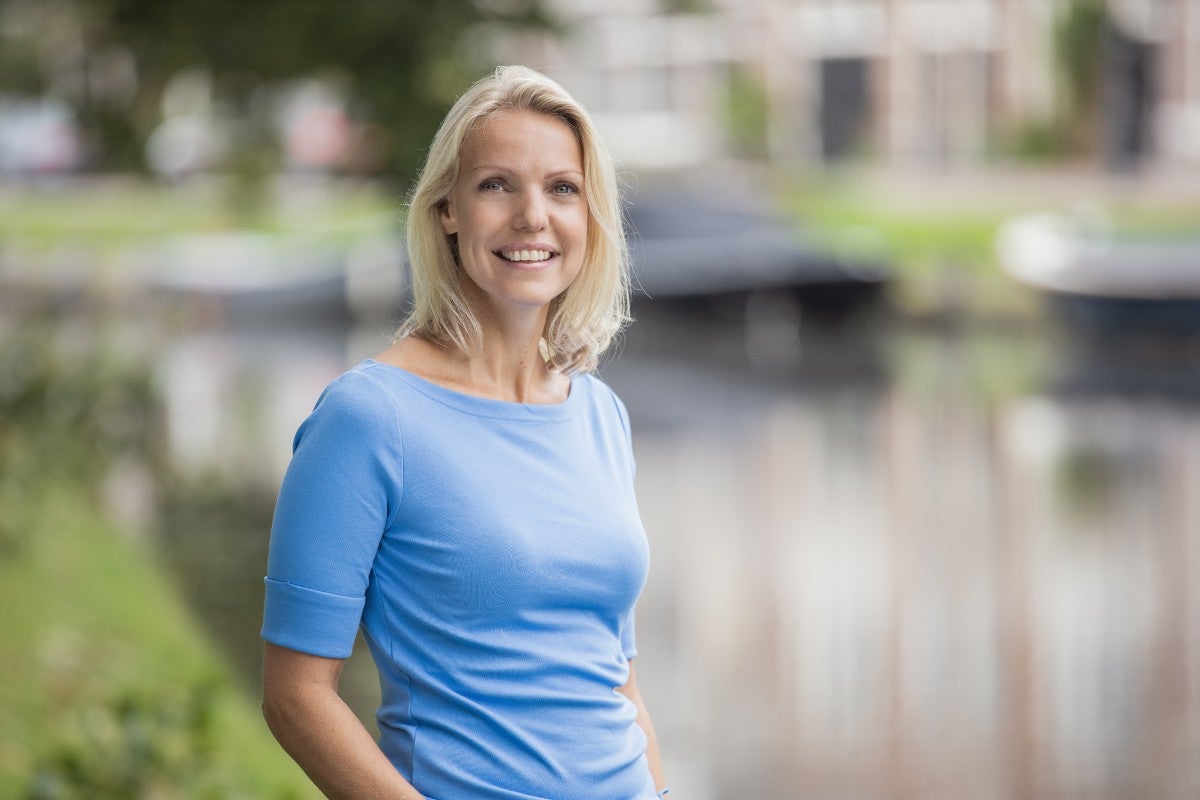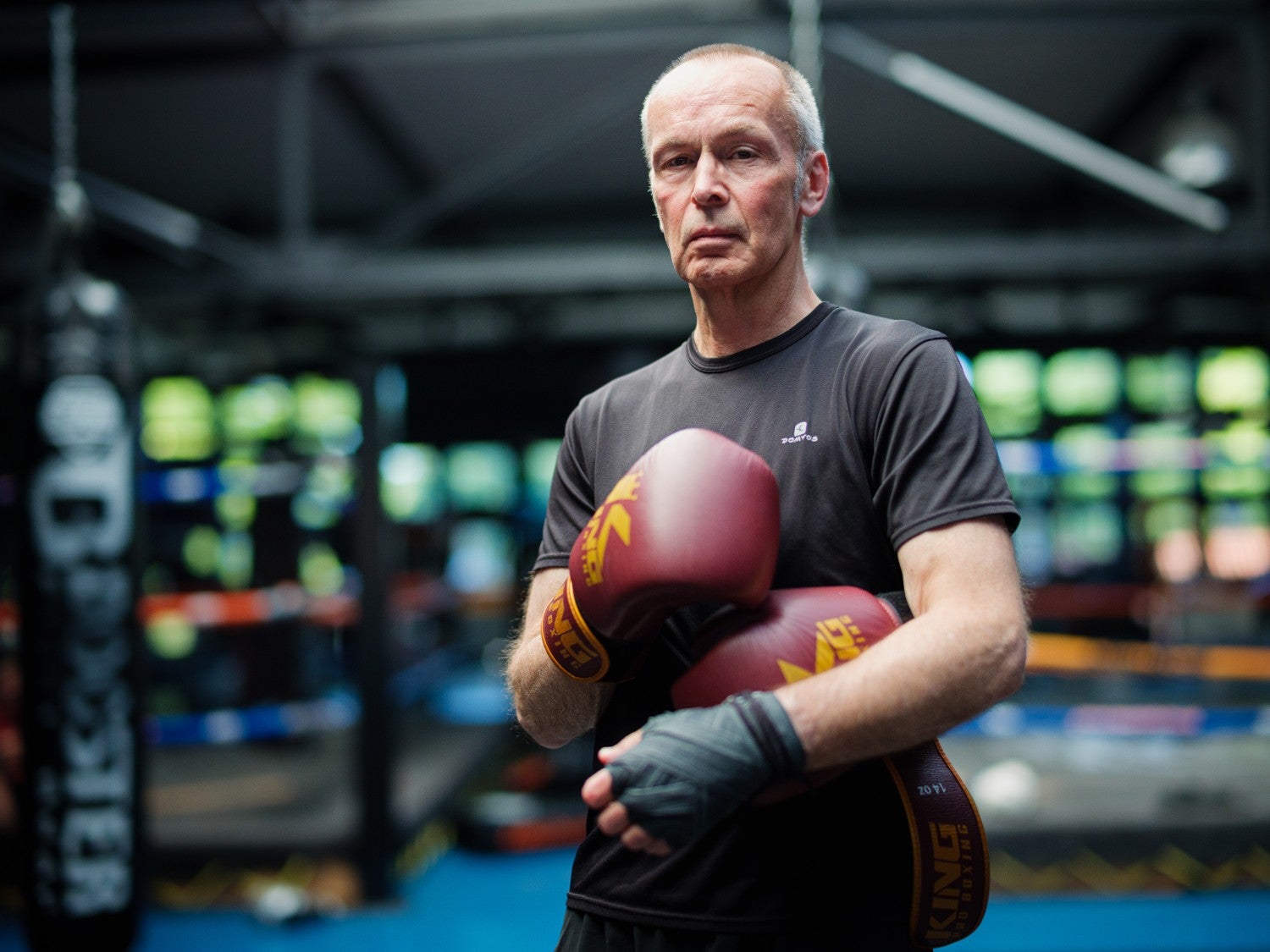Stuck in an energy-draining job but not quite sure how to change it? Alumnus Sandra Klijn researched what all job-happy people have in common and offers some practical tips.
Klijn is completing her PhD at VU Amsterdam on gaining more energy at work, but her popular science book What Do You Really Want? was published along the way.
How did your book get published before your PhD?
„Soon after I began my research, I had very practical results. I thought: people can really benefit from this. 'Yes, Sandra,' my supervisors would say, 'but first, you need to write the theoretical framework, not the practical implications.' They’re absolutely right, of course, but I was so enthusiastic that I couldn’t wait to do something with it. This put my PhD on hold. I have loads of ideas for a second book, but now I really need to finish up."
What practical insight did you discover?
„For greater job happiness, knowing your core values is essential. Core values are a type of principles or fundamental beliefs from which we live. For example, do you value freedom a lot? Or do you place importance on warm connections? I discovered that people who are very aware of their core values and reflect on them when making important life decisions are much happier. When, for instance, they’re offered a new job, these people consider: does this new position align with my core values? My research results show that people who know and live by their core values are healthier, more productive, and more energetic."
It sounds logical, but why is that?
„I always use the metaphor of a navigation system. To go somewhere, you need to be clear about where you want to go, what’s important to you, but also what your current location, or situation, is. So, what are the things in your current job that match well or don’t fit with your skills, passions, core values, or personality? If you want a new destination, you can press the action button on Google Maps, and the route will be mapped out. But without a clear sense of your current location and destination, it’s hard to see. Then, you can’t really take action. It may feel like it’s somewhere close by, but you can’t quite grasp it."
Are core values static, in your opinion?
„When we’re young and start to think about core values, for example, because we’re choosing a study, that choice is mainly focused on ourselves. From around 20-24 years of age, we develop a real sense of empathy and can think about how we contribute to the world. So, all values you considered before then may well change."
„You also need to be careful that the values you think you have aren’t just desires. A core value is actually something that already lives within you, something you’re already pursuing, and not something you merely aspire to. For instance, if someone claims to value health as a core value but they smoke, drink a lot, and barely exercise, then it’s a desire, not something they are truly pursuing."
You studied biomedical sciences at VU Amsterdam but now work in a very different field. Did you examine your own values, then?
„Absolutely. In making that transition, I mainly discovered that freedom is essential to me. When I moved from employment to entrepreneurship, I realised how important it is for me to work autonomously. I enjoyed my time at Philips, where I managed a platform for internal training and workshops on personal development and health, but I was bursting with creative ideas and wanted to give them a chance. Initially, I didn’t even know if I’d be suited to entrepreneurship."
„To my surprise, I enjoy entrepreneurship immensely. As an entrepreneur, you’re everything in one: director, marketing, sales, HR. I gave myself a year to try it out, with the idea that I could always go back to Philips if it didn’t work out. But I found that I derive so much joy from entrepreneurship and realising my ideas for training, workshops, and coaching."
There are probably many people who feel stuck in a situation. Why is it still so difficult to take that step towards change?
„It’s often difficult because many people are stuck in their work identity. At some point, you chose a study, moved into your first and second job, and built a career. For instance, if you’re an accountant, that becomes an important part of your identity. The idea of suddenly doing something completely different, like becoming a forest ranger in your thirties, can be frightening. You’re not trained for it and have no experience in it. This makes it difficult to consider such a big change."
„Additionally, the security of your current situation plays a role. Financial risks and the fear that the grass isn’t actually greener elsewhere hold many people back from taking action."
„The biggest issue is with people who rate their work life as a six or seven. The work doesn’t challenge you anymore, but hey, it pays well and is close to home. Then, the desire to do something different isn’t that strong, because it’s okay. The comfort is simply too great. The greater your desire becomes, the more important it is to you, the easier the transition is. And suddenly, your current situation feels less satisfactory. The contrast becomes bigger."
„Yes, and often we simply don’t take the time to think: what do I really want, what’s truly important to me? The clearer that is – and this applies to everything: in relationships, with family, where you live – the better you know what truly matters to you. You can communicate it more effectively to others and set boundaries and priorities."
And what should those who don’t take steps despite a lack of job happiness most fear?
„If you don’t take steps despite a lack of job happiness, you risk ending up in a bore-out. This happens when your work is boring, for example, because you’re working below your level or doing too many routine tasks. You might also feel that your work isn’t meaningful, which increases the feeling of boredom and dissatisfaction. If there are no opportunities for growth, it can be emotionally draining and lead to tension."
„Like with burnout, the consequences of a bore-out can be severe: fatigue, irritability, concentration problems, and physical complaints like muscle pain or headaches. Your body sends signals that you’re experiencing too much tension, and if you continue to ignore them, this can lead to the same exhaustion as with burnout. High time to map out your core values today."








